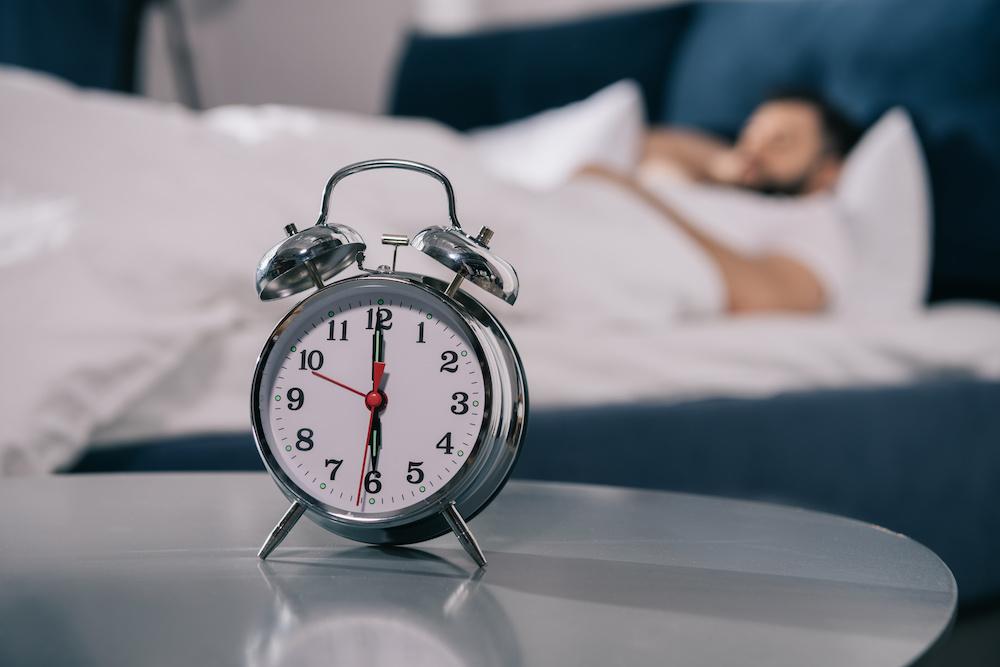Sleep is Not a Luxury; It’s a Necessity
By John V
January 5, 2025 • Fact checked by Dumb Little Man
Sleep is frequently neglected in today’s hectic environment as people put job, social commitments, and personal objectives ahead of relaxation. But sleep is not a luxury; rather, it is an essential component of our mental, emotional, and physical health. It is essential for mental clarity, emotional stability, and physical well-being. We can start to realize that getting enough sleep is crucial for preserving overall health and performing at our best in all facets of life by questioning the idea that sleep is something we can compromise.
Why Sleep Matters
Cognitive Function

Sleep is crucial for enhancing memory, focus, and creativity. During sleep, the brain consolidates and processes the information we’ve absorbed throughout the day, helping us retain what we’ve learned and improving our ability to think clearly and solve problems. Chronic sleep deprivation can lead to cognitive fatigue, memory impairments, and diminished problem-solving abilities.
Emotional Health

A good night’s sleep is essential for emotional stability. It improves mood, reduces stress, and fosters a sense of calm. Lack of sleep, on the other hand, is linked to irritability, anxiety, and even depression, making mental health a key reason to prioritize rest. Insomnia, a common sleep disorder, can exacerbate these emotional health issues, making it crucial to address sleep problems early.
Physical Health
Sleep plays an important role in strengthening the immune system and reducing inflammation in the body. It promotes healthy weight management, reduces the risk of chronic illnesses such as diabetes and high blood pressure, and allows the body to repair and regenerate cells, tissues, and muscles, contributing to overall physical health and vitality.
Performance and Sleep Deprivation

Quality sleep directly enhances athletic performance, reaction times, and physical stamina. Whether in sports or daily tasks, adequate sleep is a key factor in maintaining peak performance and ensuring that both mind and body are functioning at their best. Poor sleep can lead to decreased reaction times and reduced physical stamina, affecting both athletic and daily performance.
Tips for Better Sleep
Create a Sleep-Conducive Environment

Make your bedroom a sanctuary for rest by keeping it cool, dark, and quiet. A calm environment promotes relaxation and prepares your body for sleep. Additionally, invest in a comfortable mattress and pillows to support restful sleep and proper alignment. A well-designed sleep environment can significantly help those who have trouble sleeping by promoting relaxation and comfort.
Maintain a Sleep Routine

Going to bed and waking up at the same time every night helps regulate your body’s internal clock. Consistency in your sleep schedule is key to ensuring high-quality, restorative sleep and maintaining a healthy sleep pattern.
Limit Screen Time
/cdn.vox-cdn.com/uploads/chorus_asset/file/13100643/akrales_180913_2950_0192.jpg)
Reduce screen exposure at least an hour before bed to avoid the disruptive effects of blue light, which can interfere with your sleep cycle. The blue light from phones, tablets, and computers can suppress melatonin production, making it harder for you to fall asleep. Reducing screen time can also help mitigate the effects of sleep disorders such as sleep apnea.
Watch Your Diet

Avoid caffeine, alcohol, and heavy meals close to bedtime, as they can disrupt sleep. Instead, opt for light, sleep-friendly snacks, such as a small piece of fruit or a handful of nuts, if you’re feeling hungry before bed. Making mindful dietary choices can contribute to better health and improved sleep quality.
Relaxation Techniques

Engage in calming activities like reading, meditation, or gentle stretching to signal to your body that it’s time to wind down. These activities help relax your mind and body, promoting a peaceful transition into sleep. Incorporating these techniques can be particularly beneficial for individuals suffering from sleep disorders.
Conclusion
Sleeping must be prioritized if general health and well-being are to be maintained. Good sleep is essential for maintaining one’s physical, mental, and emotional well-being; it is not a luxury. You may greatly enhance the quality of your sleep by implementing healthy sleep habits, such as establishing a sleep-friendly atmosphere, sticking to a schedule, reducing screen time, monitoring your food, and using relaxation techniques. Your performance, emotional stability, physical health, and cognitive function will all improve as a result. Prioritize your sleep to reap the long-term rewards of improved health, more vitality, and a more balanced existence.
John V
John is a digital marketing master's student who enjoys writing articles on business, finance, health, and relationships in his free time. His diverse interests and ability to convey complex ideas in a clear, engaging manner make him a valuable contributor to these fields.



